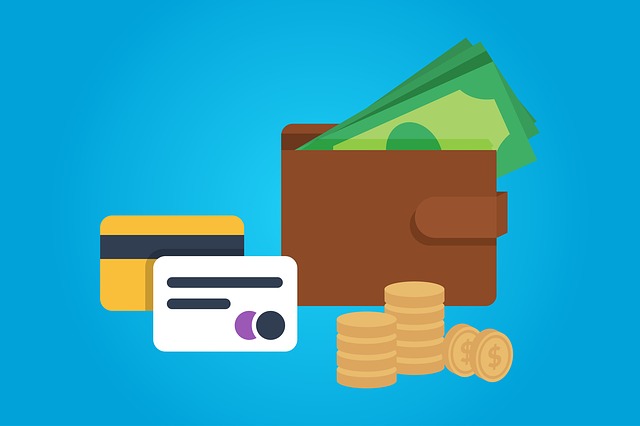Decentralized finance, or DeFi, is a growing field of finance that aims to create a more open and accessible financial system. One of the key components of DeFi is the use of decentralized exchanges, or DEXs, which allow users to trade cryptocurrencies without relying on a centralized exchange. To use a DEX, however, you need a DEX wallet. In this blog post, we’ll explain what a DEX wallet is and how it works, so beginners can get started with DeFi.
What is a DEX wallet?

A DEX wallet is a type of cryptocurrency wallet that is specifically designed to work with decentralized exchanges. These wallets allow users to trade cryptocurrencies on a DEX, such as Uniswap or Sushiswap, without having to transfer their funds to a centralized exchange. This means that users can maintain control of their funds while still being able to participate in DeFi trading.
One of the main benefits of using a DEX wallet is that it eliminates the need for a centralized authority to hold and control your funds. Instead, users have complete control over their funds, which are stored in a smart contract on the blockchain. This makes DEX wallets much more secure than centralized exchanges, as there is no single point of failure.
How does a DEX wallet work?
A DEX wallet works by interacting with a decentralized exchange through a smart contract on the blockchain. When you want to make a trade on a DEX, you simply connect your DEX wallet to the exchange and authorize the transaction. The smart contract then executes the trade on your behalf, without the need for a centralized intermediary.
To use a DEX wallet, you’ll need to have a compatible wallet that supports the blockchain and token standards used by the DEX you want to trade on. For example, if you want to use Uniswap, you’ll need a wallet that supports the Ethereum blockchain and the ERC-20 token standard.
Once you’ve connected your DEX wallet to the exchange, you can view your balances and make trades directly from the wallet interface. Some DEX wallets also offer additional features, such as the ability to stake or provide liquidity for trading pairs.
Types of DEX wallets
There are several types of DEX wallets available, each with their own features and benefits. Here are some of the most common types of DEX wallets:
Web-based wallets
Web-based DEX wallets are the most common type of DEX wallet and are usually accessed through a web browser. These wallets are convenient to use and don’t require any downloads or installations. However, they can be less secure than other types of wallets, as they are vulnerable to phishing attacks and other online threats.
Desktop wallets
Desktop DEX wallets are installed on your computer and are typically more secure than web-based wallets. They offer a greater level of control over your funds, as they are stored locally on your computer. However, they can be more complex to use and require more technical knowledge to set up.
Mobile wallets
Mobile DEX wallets are designed to be used on a smartphone or tablet. They are convenient for on-the-go trading and offer many of the same features as web-based and desktop wallets. However, they can be less secure than other types of wallets, as smartphones are more vulnerable to theft and hacking.
Conclusion
In summary, a DEX wallet is a cryptocurrency wallet that is specifically designed to work with decentralized exchanges. These wallets allow users to trade cryptocurrencies on a DEX without relying on a centralized exchange. DEX wallets are more secure than centralized exchanges, as they eliminate the need for a centralized intermediary. There are several types of DEX wallets available, each with their own features and benefits. By using a DEX wallet, beginners can get started with DeFi trading


